Feng Shui is more than just interior design – it’s an ancient philosophy rooted in the idea that our surroundings deeply influence our health, happiness, and success.
By thoughtfully arranging furniture, colors, and objects, Feng Shui seeks to create a balanced flow of energy, or Chi, throughout the home.
This harmony between people and their environment supports physical well-being, mental clarity, and emotional stability. Understanding and implementing these rules helps unlock your home’s true potential.
Before we start, let’s see how it can benefit you
Advantages of Feng Shui in Your Home
Applying Feng Shui principles offers numerous benefits that go beyond simple decoration.
First, it encourages a natural flow of positive energy, which can lead to improved mood, reduced stress, and better mental clarity.
A well-arranged space guided by Feng Shui can foster deeper relaxation and restful sleep by creating an environment that feels safe and nurturing.
Second, Feng Shui can increase the functionality of your home. By focusing on layout and energy flow, it helps optimize space, making rooms feel larger and more welcoming.
This can be especially beneficial in smaller homes or apartments where maximizing space is crucial.
Third, Feng Shui has the power to attract abundance and prosperity. Certain placements and symbols are designed to invite wealth and success into your life by supporting an energetic flow aligned with growth and opportunity.
Additionally, a Feng Shui-inspired home encourages better relationships by promoting harmony and balance in shared spaces.
Mostly, it connects you more deeply with your environment. It invites mindfulness and intentional living, encouraging you to be more aware of how your surroundings affect your energy.
This heightened awareness can lead to healthier habits, a stronger sense of peace, and a more meaningful connection to your home.
These 13 Feng Shui rules can help transform any home into a sanctuary of positive energy.
1. Clear the Clutter
Clutter is one of the biggest blocks to good energy flow. It creates stagnation and can lead to feelings of stress, anxiety, and confusion. A clutter-free space invites in fresh energy and allows you to think clearly.
Start with high-traffic areas like entryways, living rooms, and kitchens. Keep only what you use, need, or truly love.
When you let go of unnecessary items, you also release emotional baggage, making room for new opportunities and experiences.
2. Command Position Matters
In Feng Shui, the command position refers to how you place your most important pieces of furniture—like your bed, desk, and stove.
These should be positioned so you can see the door without being directly in line with it.
This setup promotes a feeling of security and control, and it helps you stay energetically aware of opportunities or threats.
A strong command position also improves focus, sleep quality, and confidence by reinforcing your sense of stability in the space.
3. Balance the Five Elements
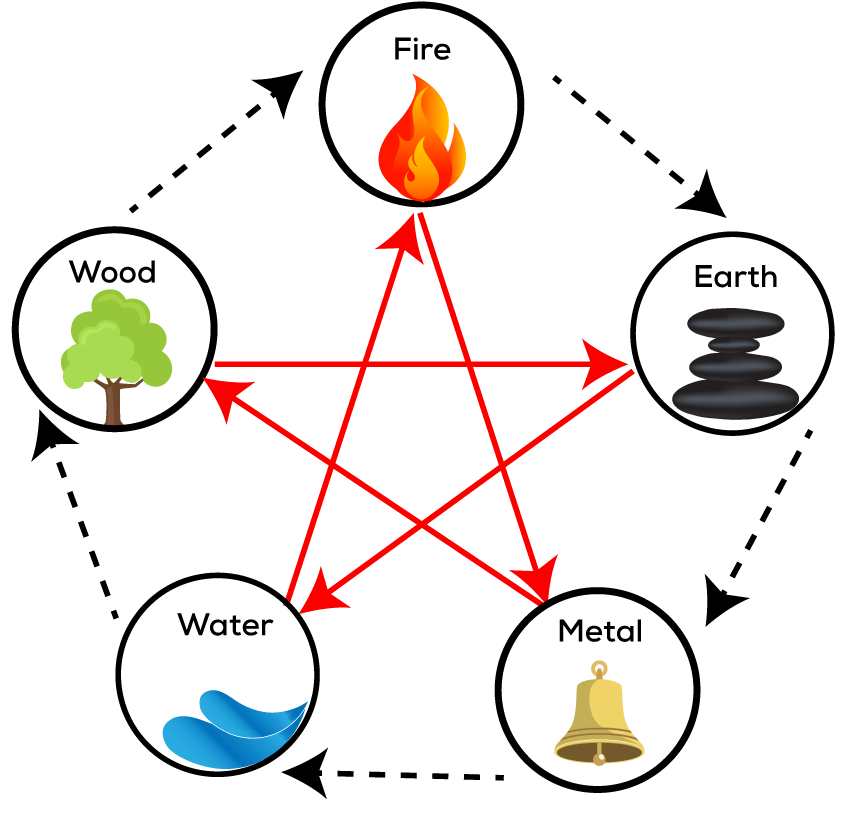
Feng Shui relies on the balance of five elements: wood, fire, earth, metal, and water. Each represents different energies and purposes.
Incorporate all five into your home to create harmony. For example, wood can be brought in with plants or wooden furniture, while metal can appear as frames, fixtures, or tools.
Water can flow in through fountains or artwork with waves, while fire may come from candles or warm lighting.
Keep an eye on overrepresentation of any one element, as that can throw the energy off balance.
4. Let Natural Light In
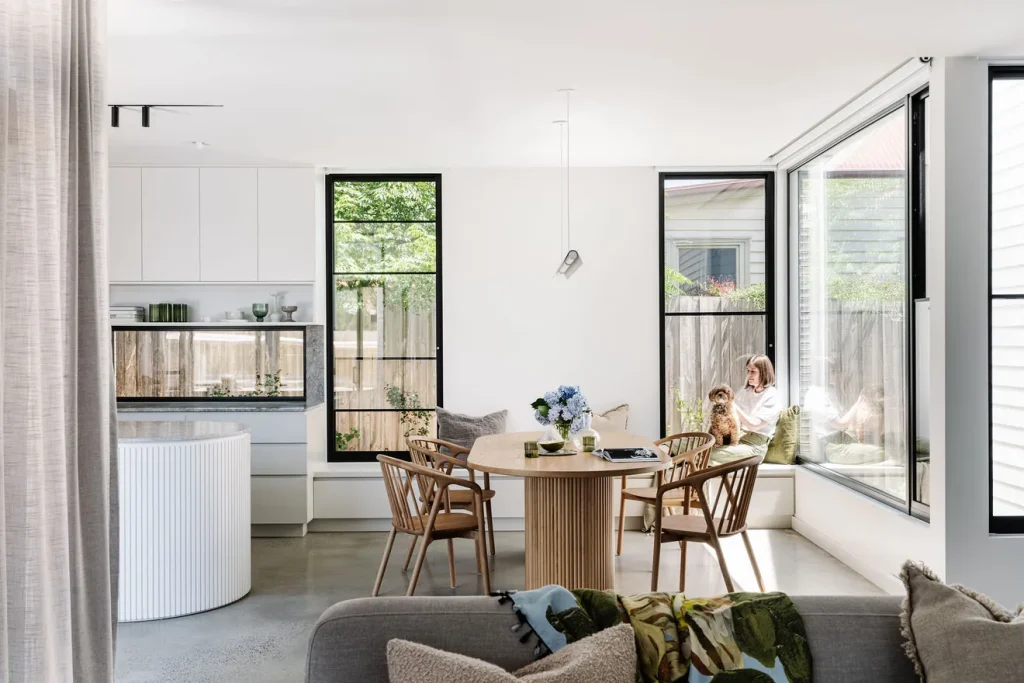
Natural light brings life to a home. Open the curtains, clean your windows, and use mirrors to reflect light into darker areas.
In Feng Shui, light symbolizes yang energy, which brings vitality and activity. Rooms lacking in natural light can feel dull or oppressive, so use soft artificial lighting and strategically placed lamps where needed.
The goal is to create a balance of light throughout the home so that every corner feels alive and welcoming.
5. Use Mirrors Wisely
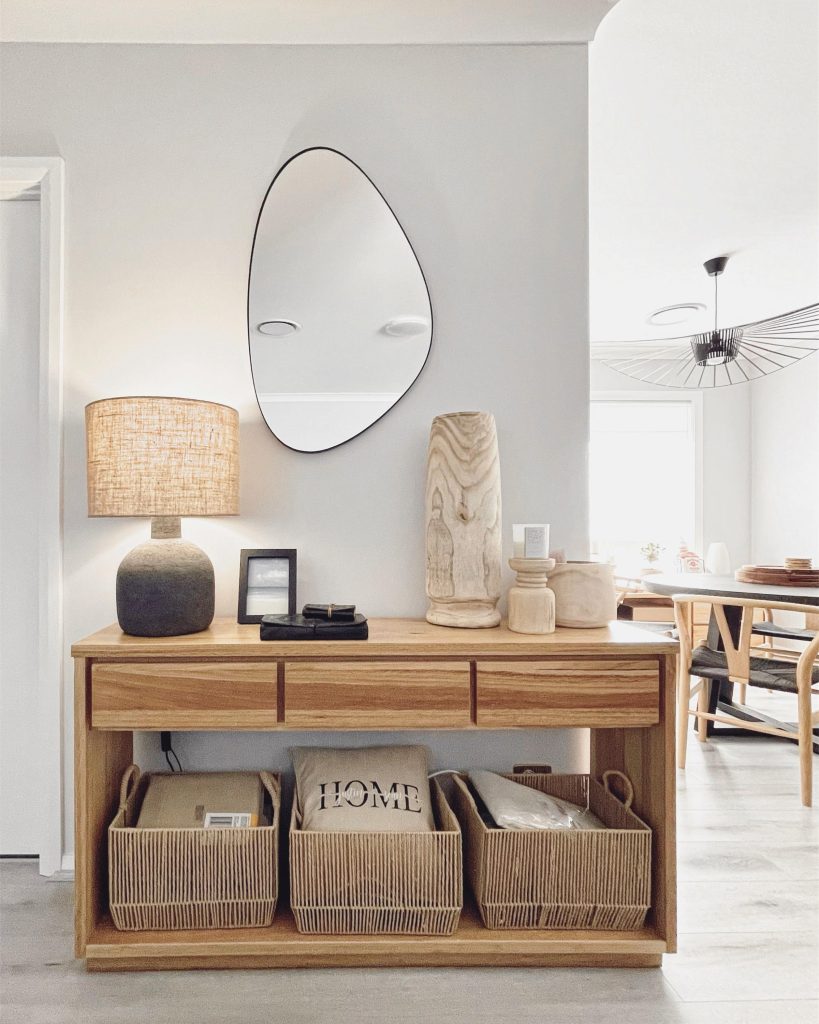
Mirrors can double energy, reflect light, and open up space, but placement matters. Avoid placing mirrors directly opposite doors or beds, as this can disrupt restful energy.
Instead, use them to reflect beautiful views, bring in more light, or expand a space visually. A well-placed mirror can uplift and energize a room, while poor placement can amplify stress or conflict.
Choose mirrors with frames that complement your décor and use them to enhance, not overwhelm, your environment.
6. Mind Your Entryway
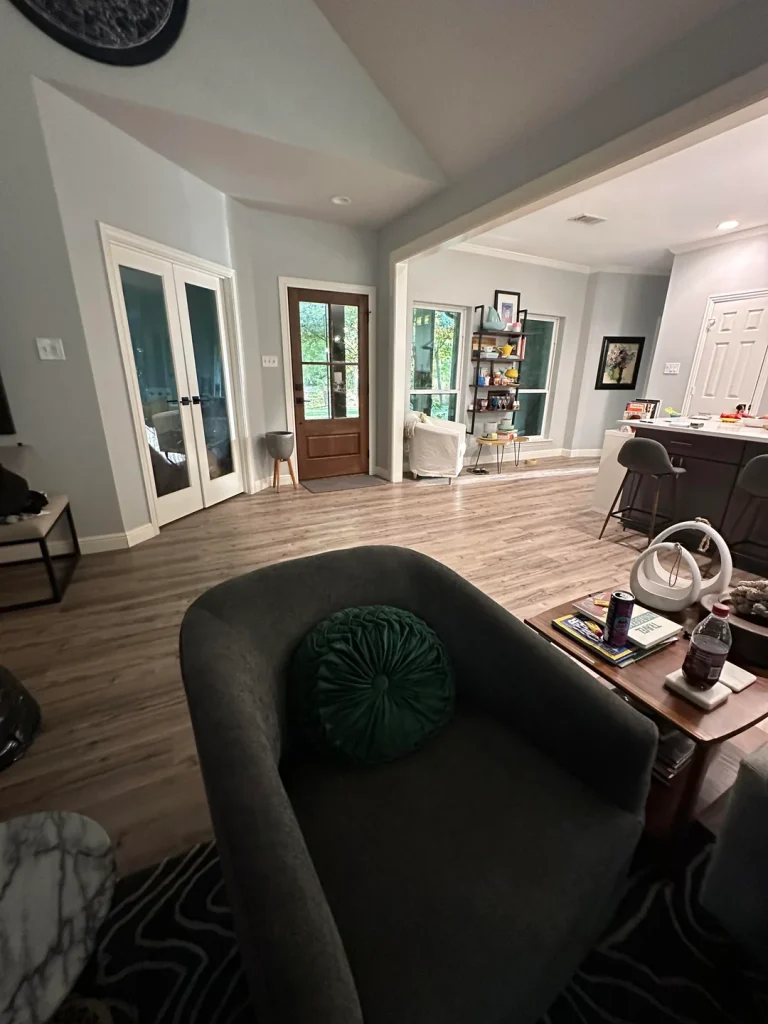
The entryway is called the “mouth of Chi” in Feng Shui. It’s where energy enters your home. Keep this area clean, well-lit, and inviting.
Avoid obstacles like shoes or clutter blocking the door. Use mats, art, or lighting to make this space feel warm and open.
A vibrant entryway attracts positive opportunities and ensures energy flows smoothly into the rest of your home. Adding plants or fresh flowers near the entrance can further enhance vitality and create a welcoming vibe.
7. Add Living Plants
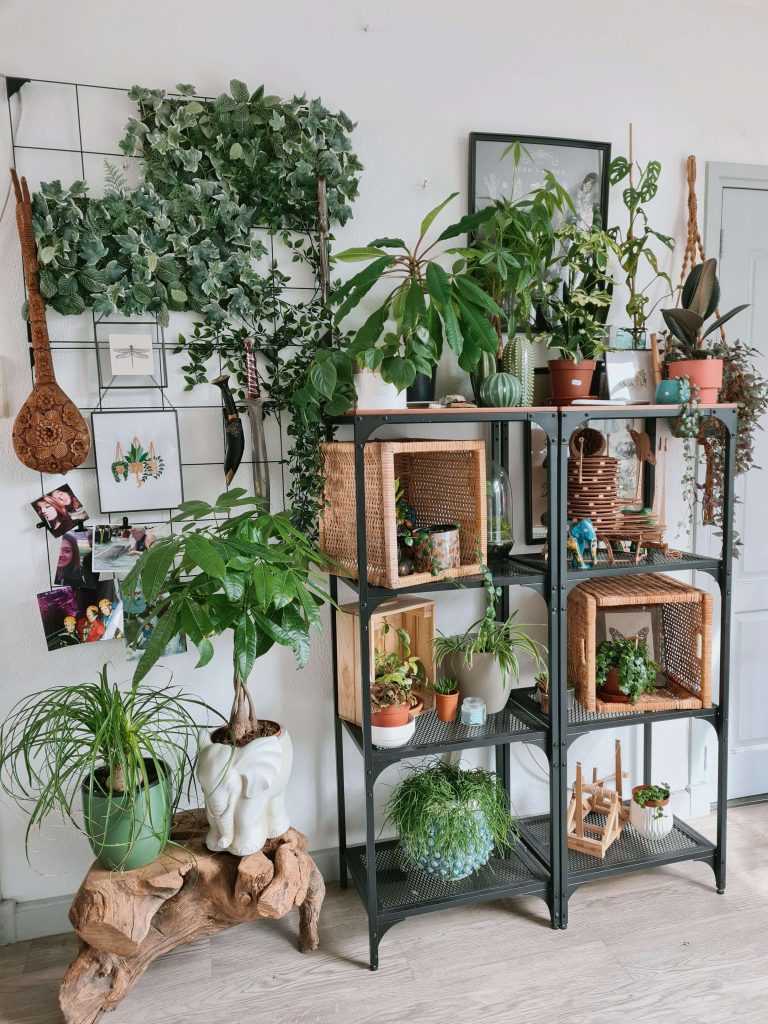
Healthy, vibrant plants are powerful tools in Feng Shui. They purify the air, bring in the wood element, and symbolize growth and life.
Choose plants with soft, rounded leaves like jade or peace lilies for a gentle energy. Avoid plants with sharp leaves or those in poor health, as they can create sha chi, or negative energy.
Place them in corners to soften sharp angles or in living areas to uplift the atmosphere. The energy of thriving greenery helps your home feel alive and abundant.
8. Keep the Bathroom Door Closed
Bathrooms are places where energy can easily drain away, especially if they are located near the front door or center of the home.
To contain the energy, always keep the bathroom door and toilet lid closed. You can also add earth elements like rugs, art, or colors to ground the energy in these spaces.
Using candles, crystals, or wooden accents can transform bathrooms into nurturing spaces rather than energy drains.
9. Use Color with Purpose
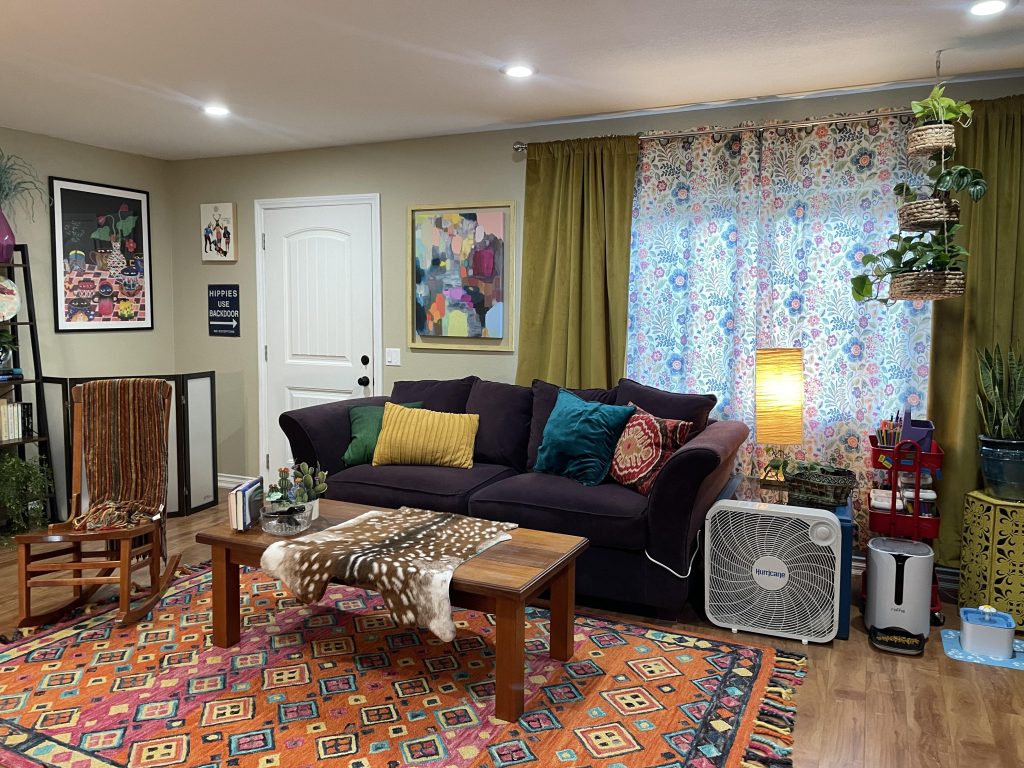
Colors in Feng Shui represent different elements and energies.
For instance, blue and black relate to water and introspection, red to fire and passion, green to wood and growth, yellow to earth and stability, and white or gray to metal and clarity.
Choose colors based on the kind of energy you want in a room. Soft neutrals can create calm in a bedroom, while bright reds can energize a living area.
Accent colors can also shift moods—like adding green plants to a workspace for growth or gold accents in the wealth corner for prosperity.
10. Fix What’s Broken
Anything that’s broken in your home holds stuck energy. A dripping faucet, squeaky hinge, or flickering light can slowly drain your mental and emotional energy.
Feng Shui encourages prompt repairs to keep energy flowing smoothly. Take regular walks through your home to notice anything out of place, broken, or in need of fixing.
Even small adjustments send a message of care and respect to your environment, reinforcing the flow of abundance and positivity.
11. Incorporate Symbols of Abundance
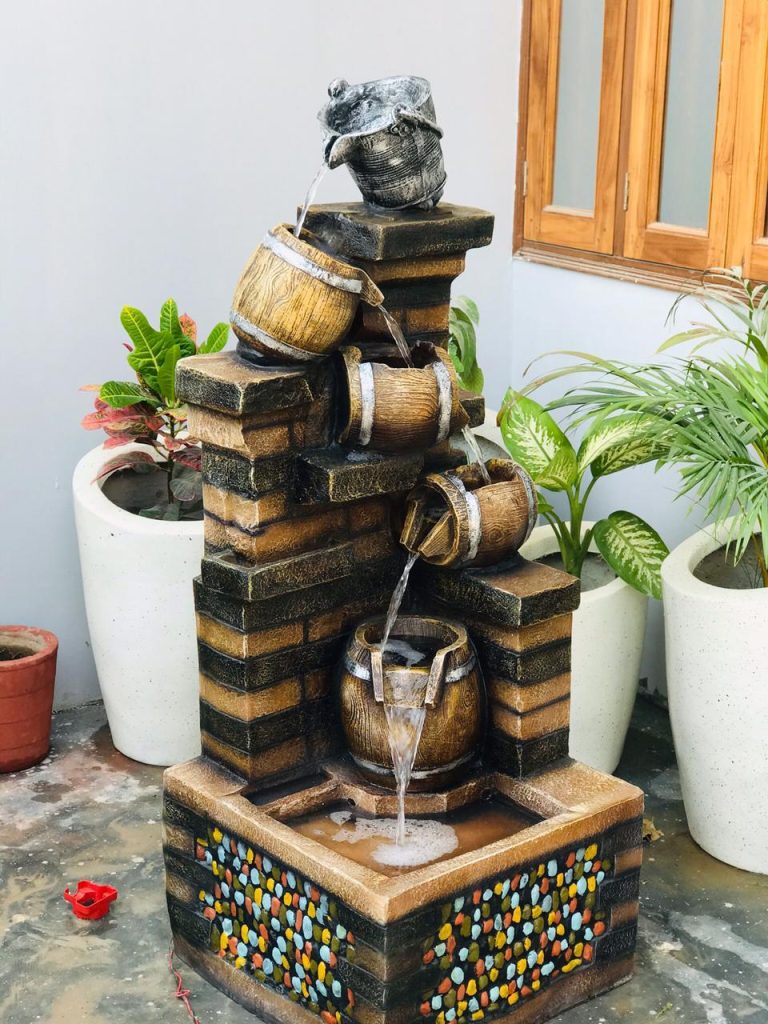
Symbols play a significant role in Feng Shui. Place items that represent wealth, success, and joy in key areas of your home.
A bowl of fruit, a flowing water fountain, or artwork depicting abundance can enhance prosperity. Choose symbols that have personal meaning, not just decorative appeal, to keep the intention strong.
Place them in spaces where you’ll see them daily, as visual reminders of your goals and blessings.
12. Create a Peaceful Bedroom
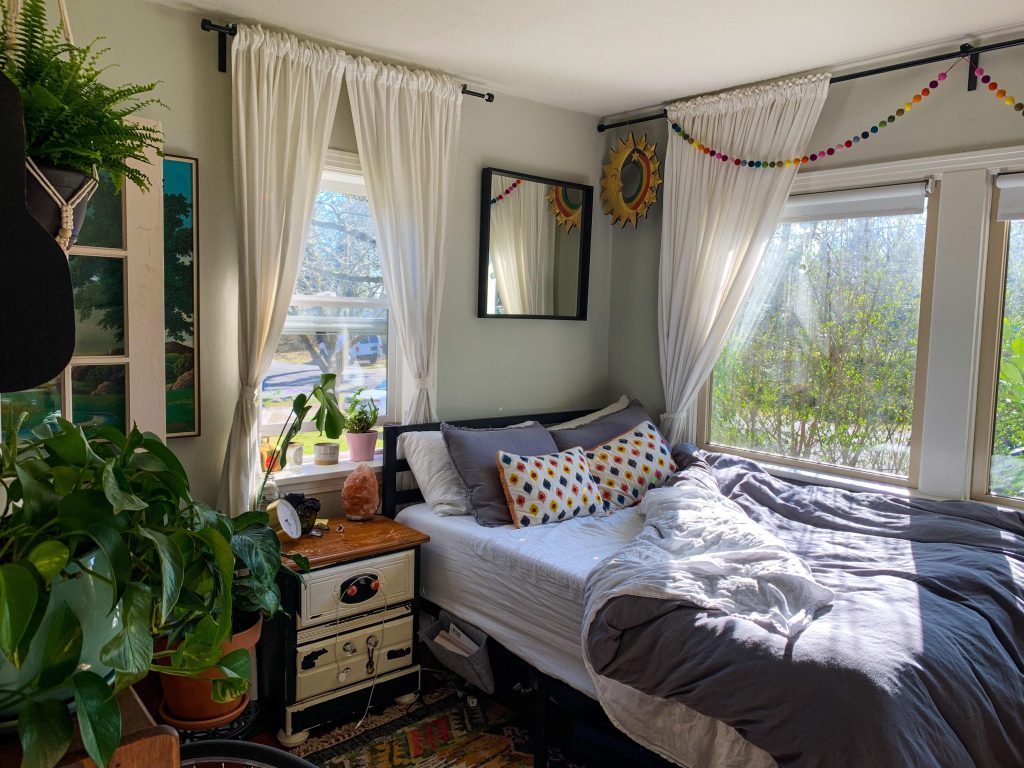
The bedroom is where you restore and recharge, so it should be calm and nurturing. Keep electronics to a minimum, use soft fabrics and muted colors, and place your bed in the command position.
Avoid placing the bed directly under a window or on the same wall as the door. Pairs of items, like matching nightstands or lamps, can enhance relationship energy.
A serene, clutter-free bedroom improves both sleep and relationships by creating harmony and stability.
13. Honor the Bagua Map
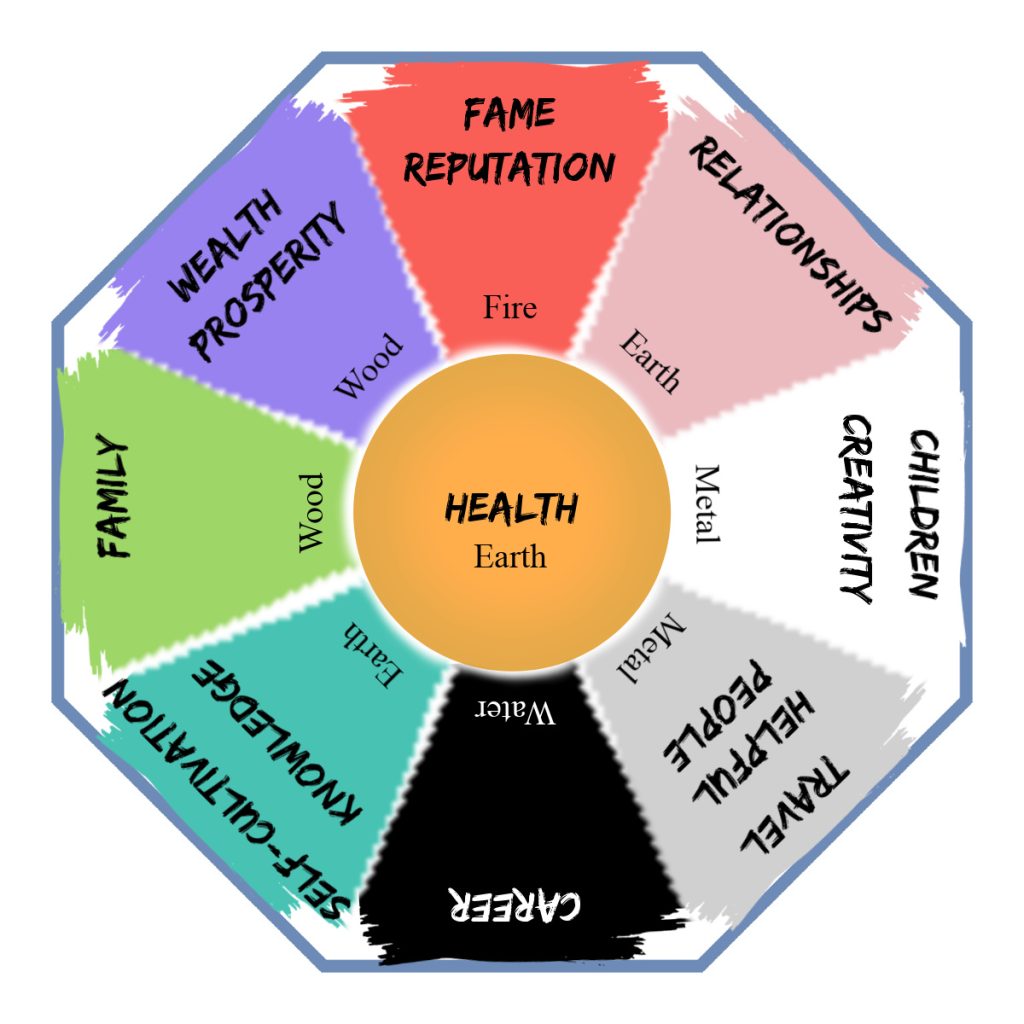
The Bagua is the Feng Shui energy map of your home. It divides your space into nine areas representing different life aspects like health, love, wealth, and career.
Learn how to overlay the Bagua on your floor plan to enhance specific areas. For example, the back left corner of your home (from the front door perspective) is associated with wealth—enhancing it with greens, purples, or symbols of prosperity can boost financial energy.
Similarly, the relationship corner (back right) can be improved with pairs of objects, artwork of love, or warm colors.
These 13 Feng Shui rules aren’t just about decorating or aesthetics; they’re about creating a space that supports your energy, intentions, and well-being.
By applying these principles thoughtfully, you can create a home that feels balanced, empowered, and truly alive.
